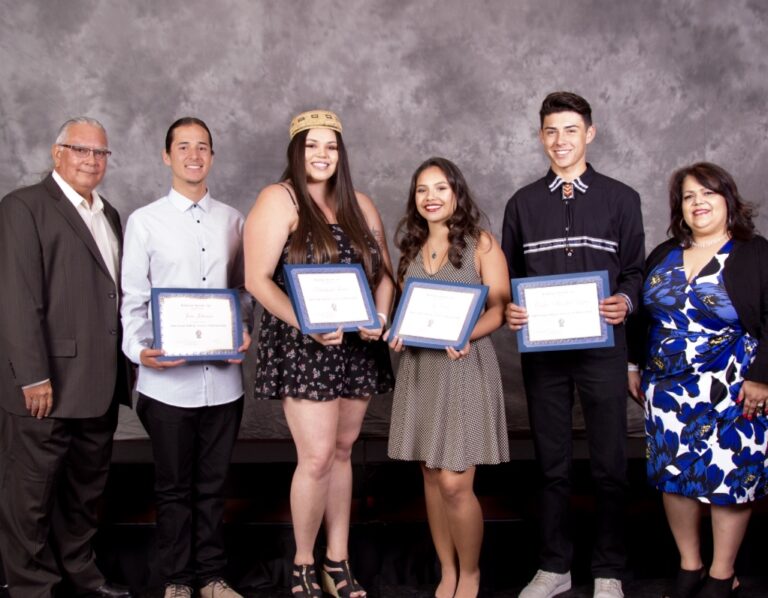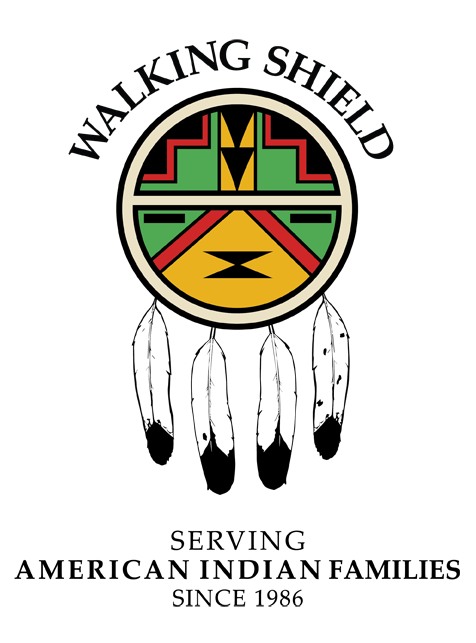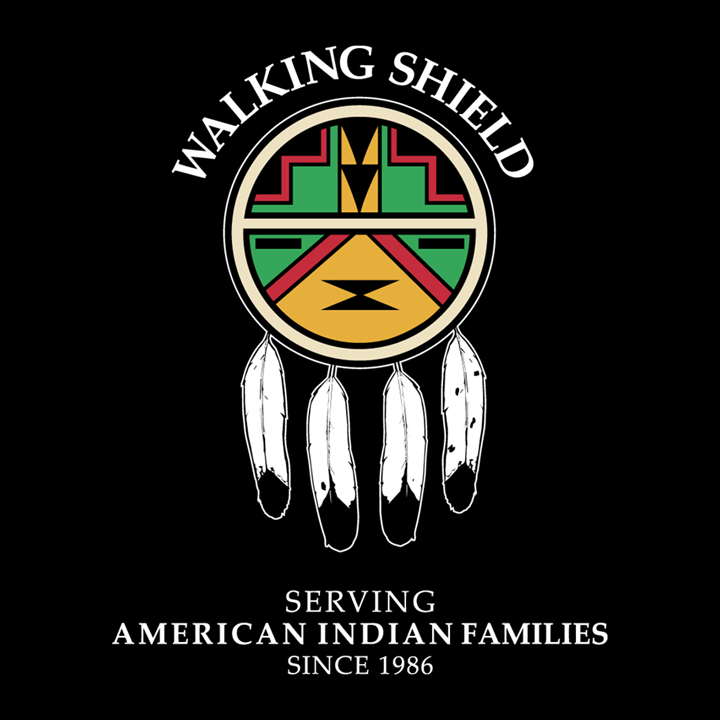AMERICAN INDIAN COLLEGE ACCESS PROGRAM

Poor American Indian high school academic performance resulting from living in poverty conditions, poor study habits, and lack of an educational support system creates barriers to future college opportunities. According to the State of American Indian & Alaskan Native Education in California 2016 Report, published by the California Indian Culture and Sovereignty Center, only 26% of American Indian high school graduates met University of California, and California State University enrollment requirements from 2010 to 2015.
According to the U.S. Department of Education in 2013, the 6-year college graduation rate for American Indians is 41% which is 18% lower less than the 59% percent for non-Indian first-time, full-time undergraduate students, who began their pursuit of a bachelor’s degree at a 4-year degree-granting institution.
Walking Shield believes that education is a pathway out of poverty and a road to self-sustaining socio-economic success. To create this pathway, Walking Shield partners with local educational administrators who work with American Indian youth to make the dream of a college education become a reality. To make our program successful we collaborate with multiple American Indian student programs at different colleges and universities.
For more than twenty years, Walking Shield has provided thousands of American Indian high school students in need from across the nation with educational assistance. This educational assistance includes providing computers, books, backpacks, and school supplies to Indian students. This starts the foundation for the path to college attendance. Walking Shield assists Indian high school students who are eligible college candidates with identifying financial aid opportunities and with the college application process. Walking Shield also helps these American Indian students with essay writing, preparing resumes, requesting letters of recommendation, and other college preparation needs.
Once an American Indian student is admitted to college, Walking Shield has developed culturally relevant innovative ways to help our students benefit and realize a successful college experience. Our staff is uniquely qualified in understanding the cultural differences Indian students confront in a non-Indian educational institution. Students are served in culturally relevant manner, resulting in them successfully navigating problems and issues. Through generous grants from several foundations and corporations, Walking Shield has established various direct and indirect means and services to assist these students toward achieving college graduation.
AICAP scholars receive direct scholarships ranging from $500 to $5,000 per student, and will also be eligible to receive ongoing wraparound services designed to assist them throughout their college journey. Walking Shield’s education staff tracks each student’s progress and provides additional resources and support if necessary to keep them on the track to college graduation.

The rising costs of college expenses (tuition, books, parking, housing, etc.) requires many American Indian students to work full or part time to pay for the college opportunity. Having to work and the stress of college expenses impacts student performance and creates risks of dropping out of college. Therefore, Walking Shield provides wrap around services that include but not limited to: tutoring, textbooks, living expenses, bus passes, mentorship, gas assistance, parking permits, and laptops.
Walking Shield’s AICAP incorporates Prepare, Admit, Retain, Graduate, and Employ (PARGE) strategies in a culturally relevant manner to achieve success as follows:
- PREPARE: Mentor Indian high school student and family to consider college education, college preparation, career choices, and understanding the college experience;
- ADMIT: Provide counseling for selecting colleges, assisting in completing the college application, financial aid process, applying for scholarships, and meeting deadlines;
- RETAIN: Provide individual counseling using case management techniques designed to improve academic performance, and keep in college. Case management includes monitoring grades and class performance, early intervention and remediation if grades fall, provide personal coaching and tutoring, if on academic probation they are assigned a mentor who is in contact on a weekly basis.
- GRADUATE: Continuous mentoring and monitoring until graduation. Reinforce accomplishment with student, family, tribe and Indian community. Celebrate achievement; and
- EMPLOY: Employment counseling, resume assistance, develop interview skills, identify internship opportunities, letters of recommendation, and direct referral to Walking Shield’s Employment Program.

Walking Shield’s AICAP successes over the past 10 years are as follows:
- Awarded over $3,430,000 million in scholarships and wraparound services
- 93% college retention rate
- Graduated 120 students with college degrees, many of whom are gainfully employed in their fields of study or pursuing graduate degrees

